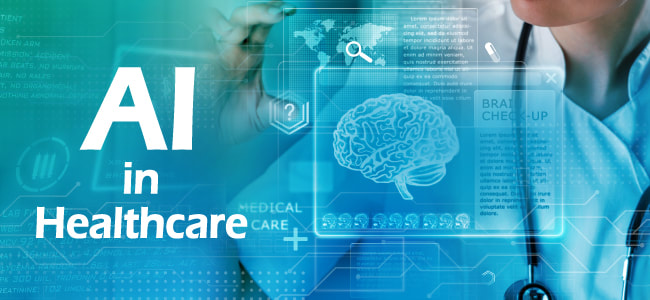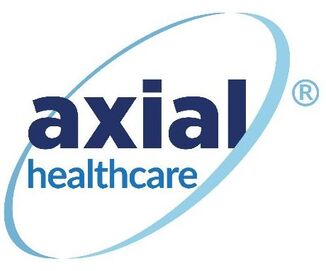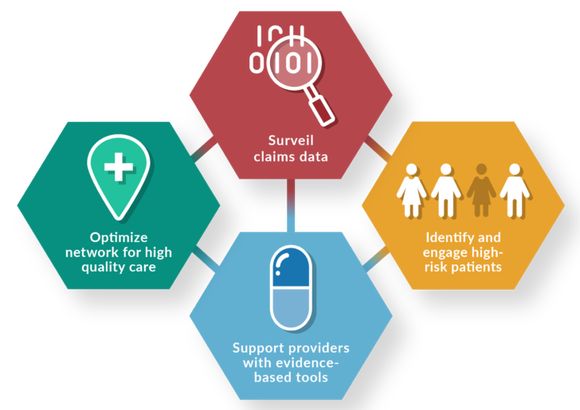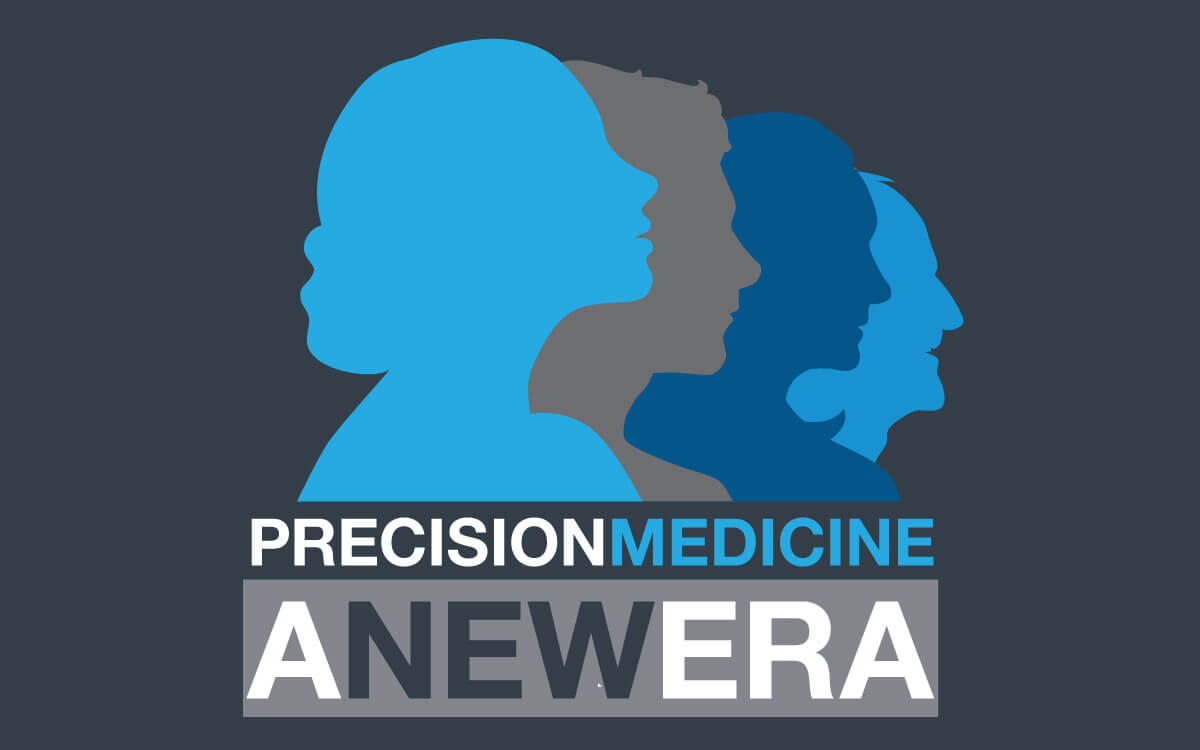It has been updated with current news and findings.
The use of data science in healthcare is growing and artificial intelligence (AI) represents a huge business opportunity in the space. However, the potentially identifiable nature of health records and ethical concerns about how the data should be utilized and by whom makes working in this space a challenge.
The recent publication of work suggesting AI may be as good as clinicians in diagnosing disease further highlights the increased importance this technology will have in 21st Century healthcare.
I spoke with data scientists from 3 different healthcare companies on how their groups are using data to improve the quality and efficiency of healthcare.
| axialHealthcare, Nashville, TN Lindsey Clark, Ph.D., is Director of Data Science and Analytics at axialHealthcare in Nashville, TN. Since joining the company in 2015, Clark has watched axialHealthcare grow rapidly from 8 to more than 100 employees. Focusing on pain management and opioid care, axialHealthcare leverages medical, behavioral, and pharmacy claims data to drive improved patient care and financial savings for health insurers through technology-enabled capabilities. |
A big question at axialHealthcare is, “what does safe and effective pain management look like?” The answer seeks to ensure that 1) opioids are prescribed judiciously given their propensity for causing dependence and addiction and 2) that other pain reduction therapies are considered when warranted.
axialHealthcare has organized its Research and Development (R&D) group into data science and statistics/communication branches that communicate closely but have different functions. These teams work with the product team whose job is to think about the value they can extract from data insights and models to benefit customers. The R&D groups also provide support to the company’s clinical outreach team comprised of licensed clinical pharmacists and engagement specialists who work to change provider behavior and improve patient outcomes, which ultimately reduces costs on the healthcare system and protects insurers from spending on ineffective treatments.
| “Insurers, our main clients, are very focused on short-term costs and so it’s often critical that our company frame the work in a way that indicates both short-term and long-term costs can be improved through data insights. Selling clients on the long-term cost savings can be difficult, especially if the short-term effects are increased costs to insurers,” according to Clark. This point illustrates the challenge of providing solutions that are good for the business of healthcare and also for the health of patients. Framing information in a way where payers can see the long-term savings generated from costly approaches in the short-term is critical to enacting meaningful, effective interventions. |
At the 2018 Health:Further Festival held in Nashville, TN, I talked with two companies working to use artificial intelligence (AI) to improve healthcare.
Change Healthcare is the largest independent healthcare information technology company in the U.S., handling approximately 60% of medical claims. Alex Ermolaev is part of a growing AI team there. The goal of Change Healthcare’s AI group is to improve efficiency and add value on top of existing data management and analytics solutions.
See Alex's video on AI in Healthcare below.
“The main limit to using AI in healthcare is the lack of large enough data sets,” according to Ermolaev. This shortage of data is not unexpected given the sensitivity of personal health information and the vast privacy protections in place. Thus, companies with access to the data have a great advantage when competing in the AI healthcare space.
| As AI and predictive analytics grow in healthcare, Ermolaev believes we are moving from evidence-based healthcare, where treatment decisions are based on what’s been proven effective for the population in general, to intelligence-based care where a particular patient’s medical history informs more personalized treatment. |
UPDATE:
Change Healthcare announced its Claims Life Cycle AI in February 2019, which seeks to reduce the number of denials for medical insurance claims processed by healthcare providers (see infographic).
While at Health:Further, I also met with representatives from Droice Labs on Entrepreneur Alley at the 2018 Health:Further Festival, a showcase area where over 70 startup companies could meet with conference attendees.
Droice Labs brings the power of artificial intelligence to hospitals. The company’s technology provides personalized predictions of how a given treatment (e.g., a drug or a medical device) will perform for a given patient. This software solution is based on a combination of the latest medical research and learning algorithms, which together analyze how a treatment has performed on similar patients in the past by aggregating data from millions of patient records and treatment plans. This allows doctors to consider all of their options in real-time and choose the right treatment.
| Droice Labs has approximately 30 employees and works with providers, payers, pharma, and government clients to build applications that augment processes and improve workflows. The goal of this work is to improve the quality of care for patients while also decreasing the burden on physicians with the ultimate outcome of increasing the efficiency of the healthcare system. The company has been around for just over 2.5 years. The founders of Droice have extensive backgrounds in technology and AI and take a “deep dive” approach to their projects, trying to understand the causation behind their insights and results. They then communicate these findings transparently to their clients. |
Speaking to M. Saxena and Co-founder & Chief Product Officer Harshit Saxena (no relation), it is clear Droice Labs has a growth-focused, startup-like culture with a hunger from employees to continue to innovate and do more. The company has a mission that appeals to young workers that want to work for a values-driven company. “One measure of success at Droice Labs is how many people we were able to impact by our work today,” says M. Saxena. “Do the insights we develop increase the well-being of an extra 1,000 people? How can we improve things to increase that impact?”
At companies like Droice Labs, Change Healthcare, and axialHealthcare, the approaches may differ but the goal is the same: to improve healthcare in the 21st Century through data and insights.
Read More
Artificial intelligence in healthcare: Past, present, and future
Artificial intelligence in healthcare
Applied data science in patient-centric healthcare
Additional Resources
Want to get into data science?
The Insight Data Science Fellowship program offers a fabulous training opportunity with demonstrated success in job placement afterwards.
NC State's Institute for Advanced Analytics offers a well-respected Master of Science in Analytics degree with excellent career outcomes for graduates.















 RSS Feed
RSS Feed